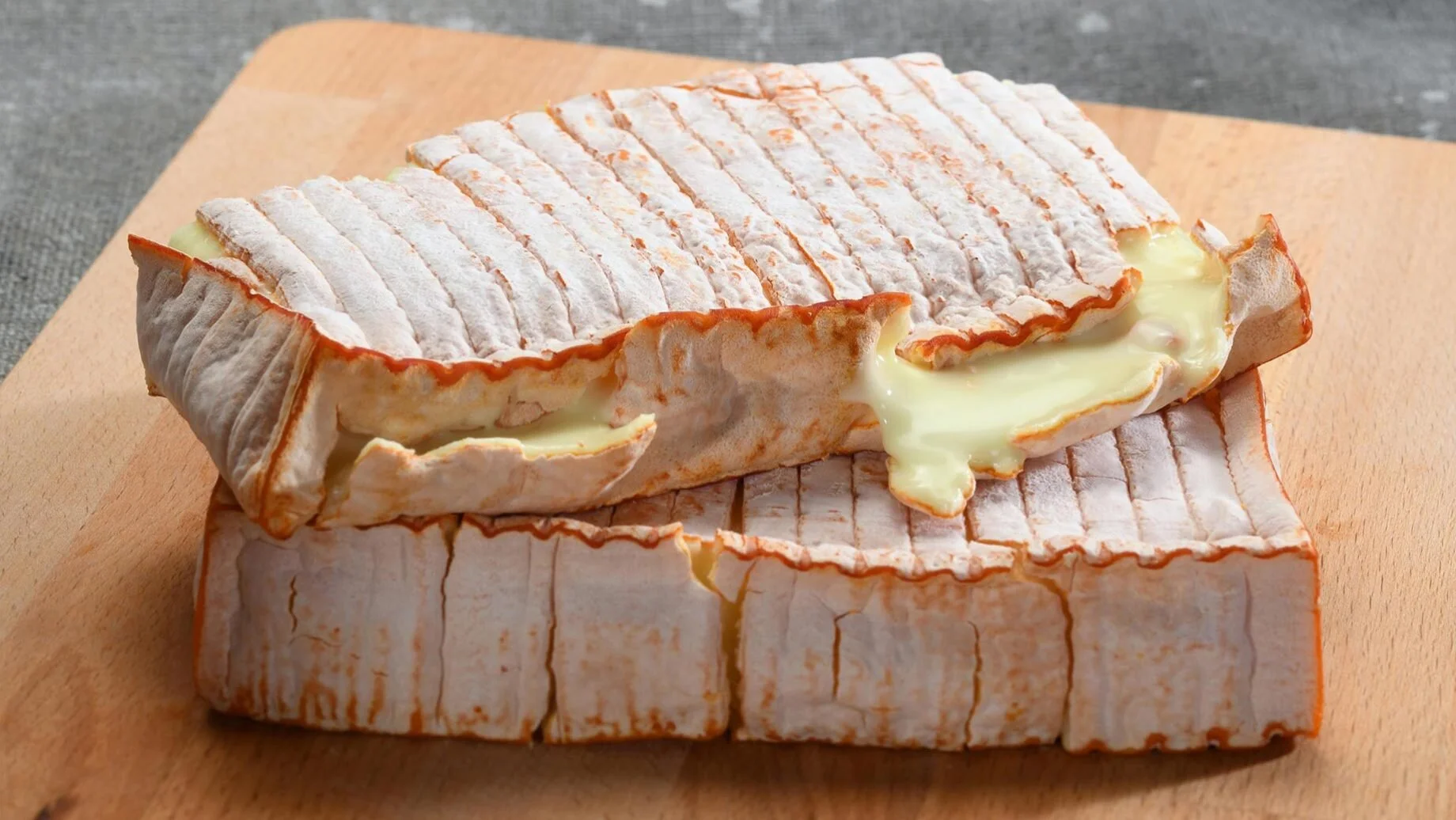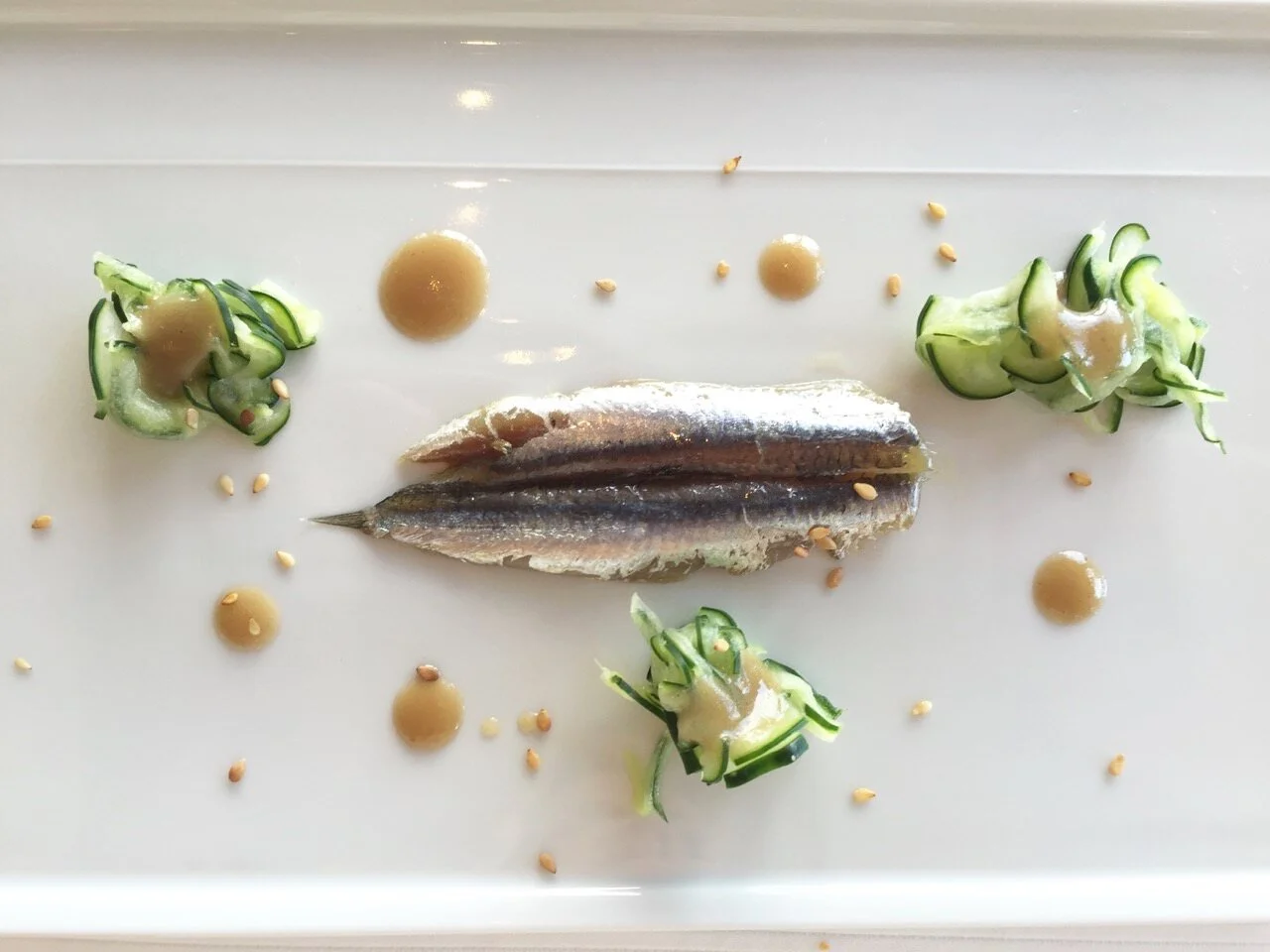Photo: Fromages.com
World Cheese Encyclopaedia - Each Sunday learn all about a cheese in season.
This week Coulommiers from France.
Photo: cheeseonline.fr
Country: France 🇫🇷
Region: Île de France
Made from: Cow’s milk
Pasteurised: Pasteurised and unpasteurised
Texture: supple and soft
Taste: sweet and melting, with an almond flavour
Certification: No
Aging: from 3 to 8 weeks
Coulommiers cheese is named after 'Coulommiers' commune in the Seine-et-Marne department from France, as this is the place where it was produced for the first time. Coulommiers cheese is Brie's little brother. It is smaller and thicker than Brie but otherwise possesses all the characteristics of a Brie. It is made from cow's milk and has a bloomy edible rind. It is usually produced in the shape of a disc, which can either be farm-made or produced in industries. The cheese produced in industries lacks the depth of an unpasteurised cheese. When made from pasteurised milk it takes 4 - 6 weeks to fully mature. Its taste is sweet and melting, with an almond flavour. One should choose a Coulommiers which is soft to the touch with a white heart set in a pate of pale yellow. Its white velvet rind has a slight reddish pigmentation. The pâte is very supple and soft. It has a diameter of 12.5 to 15 cm, a thickness of 2.5 to 3 cm, and a weight of 400 to 500g.
Photo: CC/Myrabella
History
The story goes that the shepherd Jehan de Brie presented Coulommiers to the King in the reign of Saint Louis by the side of his cousins of Meaux and Melun, but it's Philippe Auguste who made the cheese famous, with his court thoroughly enjoying it with ciders made in the region.
Photo: wine-searcher.com
How to enjoy it
Coulommiers tastes the best when served with apples, pears or fresh berries at the end of the meal. It can also be served cooked with Truffles or as open sandwiches with Coulommiers and carrot.
It pairs well with both white and red wines:
White wine: Bordeaux (Sémillon, Sauvignon grapes)
Red wine: Côtes du Rhône (Grenache, Syrah grapes), Bourgueil, Saint-Estèphe, Morey-Saint-Denis, Fixin
Sources: fromages.com, cheese.com, cheeseonline.fr, wine-searcher.com
Follow True Foodies

























